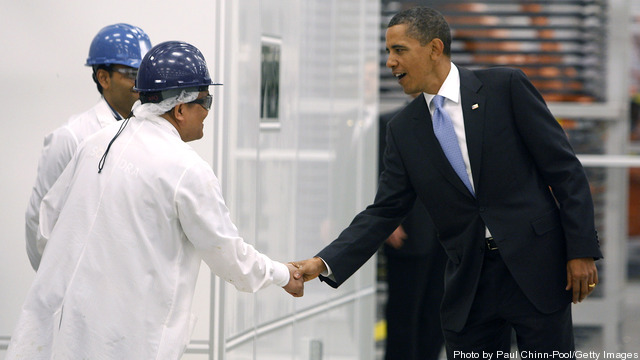
Every few years a word comes along that means more in the context of the day than it usually does in the dictionary; it becomes the catch-all term that encompasses and typifies a cultural moment, and business leaders and regulators find themselves using it constantly as a kind of shorthand.
In the media business that word has been “social,” in the internet business it has been “cloud” and in the financial business it has been “securitization.” Each speaks to an underlying set of assumptions and practices that force change in industries and reflect shifts in the broader world’s understanding of an organization’s role and purpose. Keep reading →


 Natural gas prices will remain little-changed from their current levels over the remainder of the year and into 2012, analysts said as they review the fuel’s recovery from a slight dip in May amid a broader commodities sell-off and ahead of first-half 2011 financial results.
Natural gas prices will remain little-changed from their current levels over the remainder of the year and into 2012, analysts said as they review the fuel’s recovery from a slight dip in May amid a broader commodities sell-off and ahead of first-half 2011 financial results.



Untangling The New Regulation: AOL Energy Week In Review
By Peter GardettHas the deregulation of the energy industry gone into reverse?
Energy deregulation was a central theme of the 1990s, a trend that swept the developed world as ways to liberate markets were sought out in the wake of seemingly-successful deregulation efforts elsewhere in the economy in the preceding decade. No longer would customers pay out regulated, regular rates to monopoly corporations with lengthy planning timelines and no incentive to cut costs or employees. Creative destruction was the name of the game, and politicians and power regulators got roughly half-way through rewriting the rules of power markets before the implosion of Enron put the brakes on efforts at further deregulation, which have been halting and piecemeal. Keep reading →